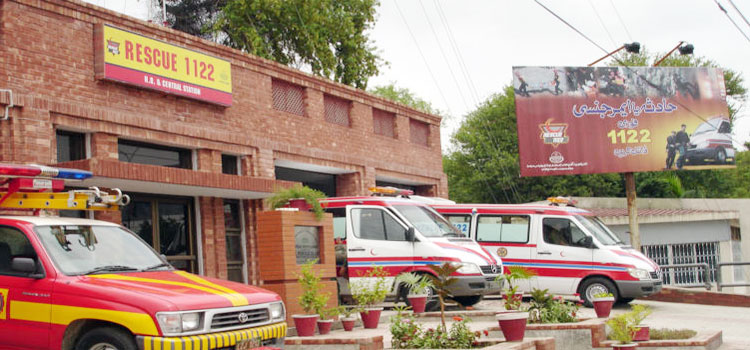Earlier this week, Abida Parveen, the renowned Sufi singer, along with University of Health Sciences’ former vice-chancellor Prof Dr. Husain Mubashir and PTV World anchor Taimur Shamil, got stuck on the motorway from Lahore to Islamabad. The news worthy part is that it took emergency services 3 hours to locate them before rescuing them to a safer place.
Talking to Dawn, Shamil said:
When we reached Chakri (motorway), water level rose to several feet, forcing us to jump out of the vehicle before it was completely washed away.
I called the motorway police on the emergency number and told the gentleman on the phone that my car and some other vehicles had been stuck in water at Chakry and we barely survived. To my utter astonishment, he asked me to find a motorway displaying board nearby and tell him a code number (of the point) so that he could send a rescue team. He said he needed to know the code number to follow the motorway police SOPs,
We remained stranded for help for more than three hours on an edge of the road before the police transported us to Islamabad.
The first thing we thought when we heard this news was that the current system is sorely lacking. Emergency response teams already have a hard enough job and government should be focusing on equipping them with all the information necessary to carry out their jobs effectively.
Exact location, or maybe a proximity of victims is by far the most important information for rescuers. If enabled, location of call is automatically triggered in case of a distress call and even if callers are unable to communicate their location, the rescuers will get an estimated location by default.
Enhanced 911 is in place in North America and most of Europe has caller ID integration on emergency numbers and these systems have been in place for over a decade now.
Therefore, deployment costs are nowhere near as big as they once were. Some systems are even software only. We cannot stress enough how valuable this information could be.
In time critical situations, any additional information could be the difference between life and death and it is the duty of the government to make sure it does all it can to tilt the balance in the right way.
We already have some amazing organizations and people working on using technology to solve the problems of the common man and we implore them to bring our emergency response to the 21st century.
Thanks to Imad Memon for the tip






















A good post to highlight an important issue related to security and safety in the country. Such articles are always welcome.
Its good. Hope they implement this soon.